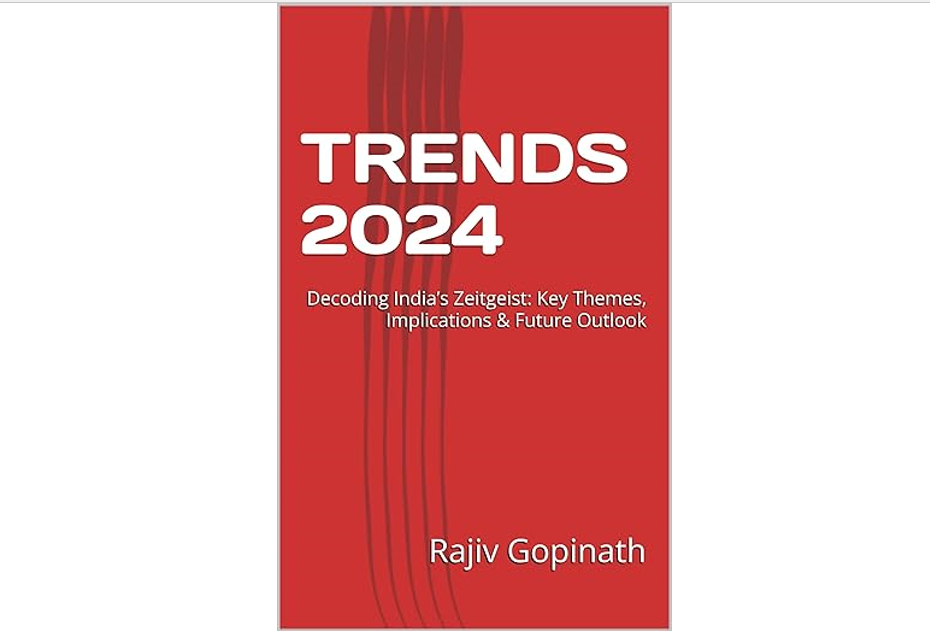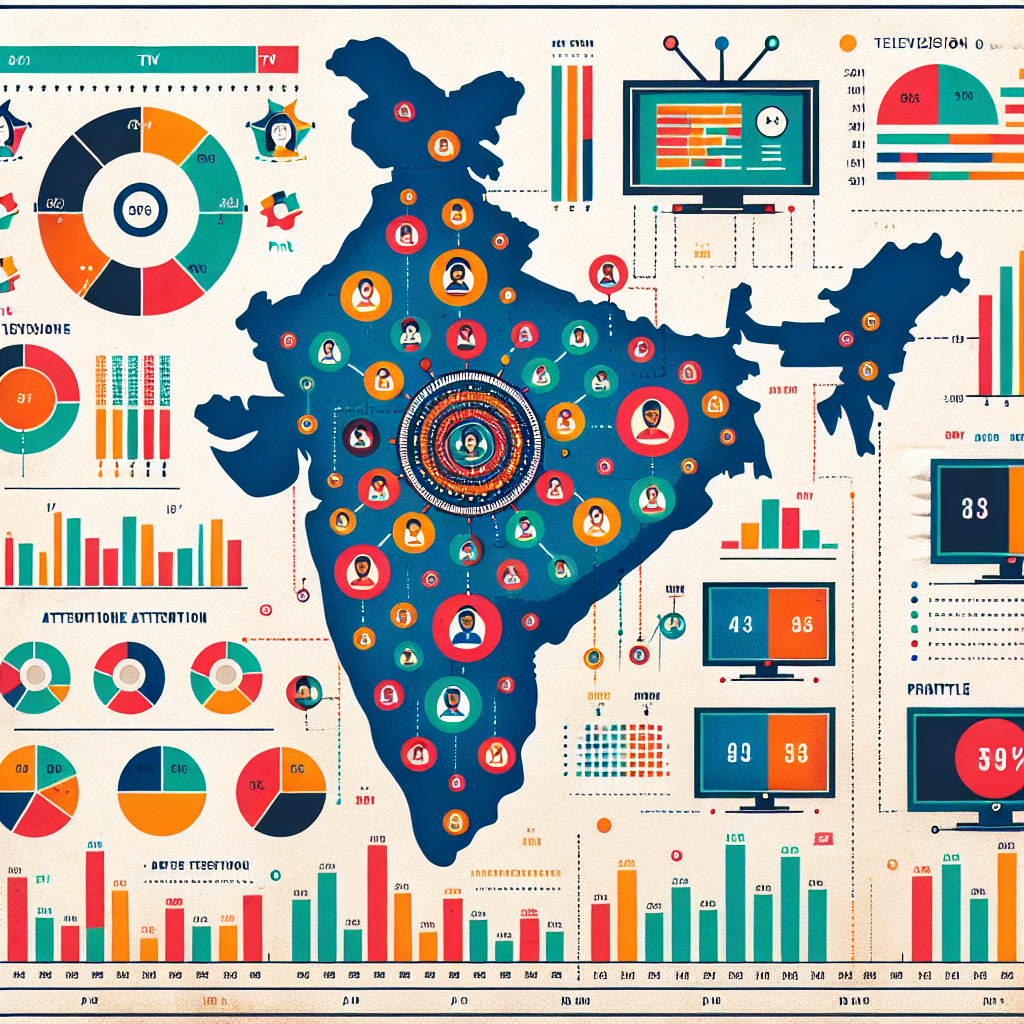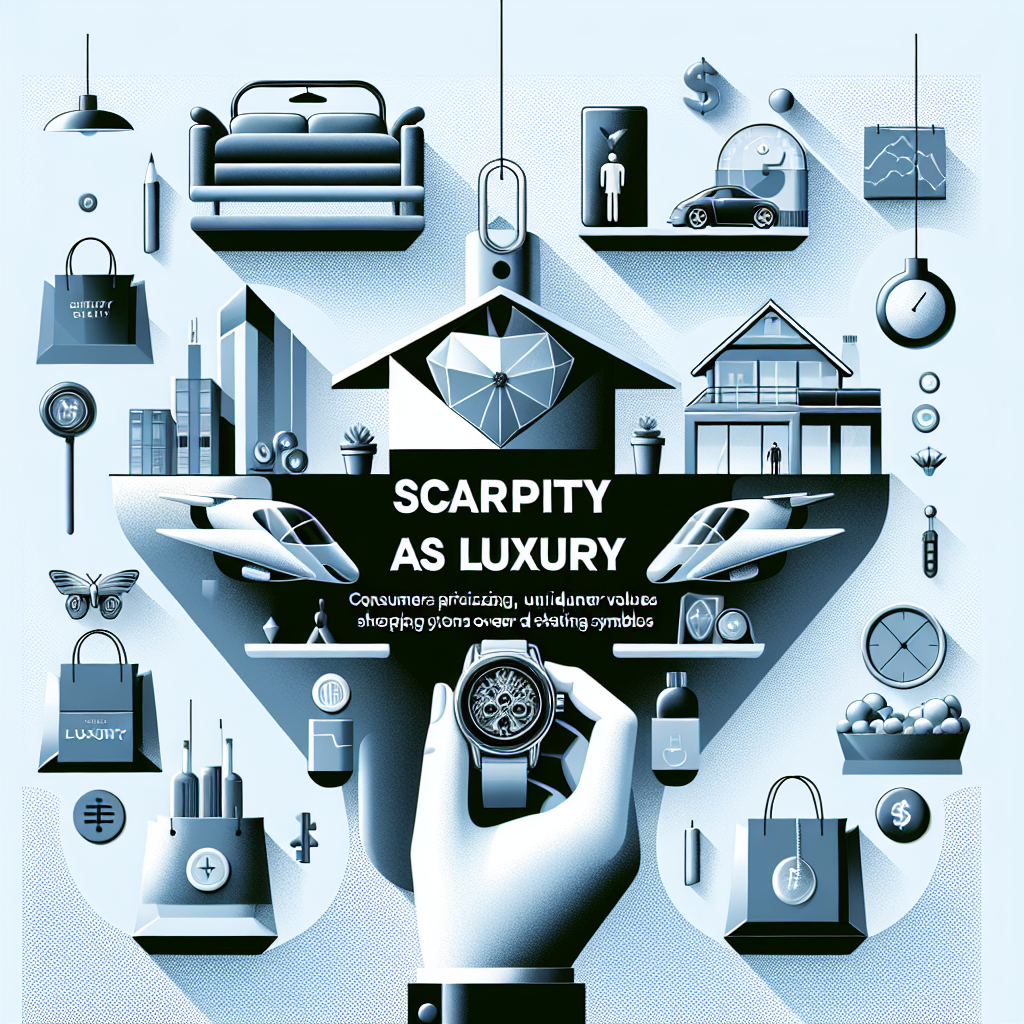Why Some Celebrity Endorsements Feel Inauthentic and How to Fix It
Luke was scrolling through his social media feed when a well-known athlete appeared, enthusiastically promoting a fast-food chain known for its highly processed offerings. Something felt immediately off. This was the same athlete he had followed for years, who regularly shared intense workout routines and emphasized clean eating as the foundation of their success. The cognitive dissonance was jarring—Luke couldn't reconcile the person he thought he knew with this endorsement that contradicted their apparent values. That moment sparked a fascination with the psychology behind celebrity endorsements and the invisible line between partnerships that resonate and those that create skepticism or even backlash. Why did some endorsements feel like natural extensions of a celebrity's persona while others triggered immediate suspicion? And in an era of unprecedented transparency, how could brands and celebrities create collaborations that felt genuine rather than transactional? These questions led Luke deep into exploring the complex dynamics of authenticity in modern celebrity marketing.
Introduction: The Authenticity Crisis in Celebrity Endorsements
Celebrity endorsements represent one of marketing's oldest strategies, with companies spending over $10 billion annually to align products with famous personalities. Yet despite this substantial investment, consumer trust in celebrity endorsements has declined significantly, with only 4% of consumers reporting high trust in celebrity-promoted products according to the latest Edelman Trust Barometer.
This authenticity crisis stems from fundamental shifts in media consumption and consumer psychology. As marketing strategist Mark Schaefer observes, 'In a world of infinite content and limited attention, authenticity is the new currency of marketing.' Today's digitally-native consumers have unprecedented access to celebrities' lives through social media, creating expectations of consistency between public persona and commercial partnerships.
The consequences of perceived inauthenticity are severe. Research from the Journal of Consumer Psychology demonstrates that incongruent celebrity endorsements can trigger not just ineffectiveness but active brand damage, with misaligned partnerships generating a 28% decrease in purchase intent among aware consumers. As brands continue investing in celebrity partnerships, understanding the psychological dynamics that drive authenticity perception has become a strategic imperative.
1. The Congruence Imperative: Alignment as the Foundation of Authenticity
The foundation of authentic celebrity endorsements is perceived congruence—the natural fit between celebrity identity and brand values. Research from Harvard Business School demonstrates that congruence is the single strongest predictor of endorsement effectiveness, with highly aligned partnerships generating 275% greater ROI than those with low congruence scores.
The most successful contemporary partnerships demonstrate this principle. Serena Williams' collaboration with Nike feels authentic because it connects a pioneering athlete with a brand that celebrates athletic excellence. Similarly, Ryan Reynolds' ownership stake in Aviation Gin created authenticity through his involvement in product development and marketing, integrating his well-established humorous persona into the brand's identity.
The digital era has transformed congruence assessment. Social listening tools now allow brands to quantitatively measure celebrity-brand fit through analysis of audience overlap, shared values, and conversation similarities. When Adidas partnered with Pharrell Williams, the brand used conversational analysis to identify shared values around creativity and inclusivity, resulting in a collaboration that generated 315% higher engagement than previous celebrity partnerships.
As consumer psychologist Adam Alter notes, 'Authenticity perception isn't about the celebrity liking the product—it's about the product making sense within the narrative consumers have constructed about the celebrity.' This narrative congruence has become the essential foundation for effective endorsements.
2. The Transparency Revolution: How Social Media Transformed Endorsement Dynamics
Social media has fundamentally transformed celebrity endorsement dynamics by creating unprecedented transparency around celebrities' genuine preferences and behaviors. This transparency has elevated authenticity expectations while simultaneously providing new vehicles for demonstrating genuine connection.
Before endorsing Casamigos tequila officially, George Clooney shared unpaid social posts featuring the brand for nearly two years, establishing genuine usage before commercial partnership. This 'endorsement prehistory' generated 89% higher perceived authenticity scores than partnerships without established organic connection, according to research from Northwestern University's Kellogg School of Management.
The transparency revolution has also exposed inauthenticity more rapidly. When Kendall Jenner claimed never to have consumed Pepsi before her controversial advertisement, social media users quickly surfaced previous content showing her with Coca-Cola products, accelerating backlash. According to crisis management firm Reputation Management Consultants, endorsement contradictions now surface within an average of 3.4 hours, compared to 12.7 days in the pre-social media era.
Marketing strategist Jay Baer frames this shift: 'We've moved from an era where celebrity endorsements were about borrowing fame to an era where they're about borrowing trust. Trust requires transparency, and transparency requires genuine connection.'
3. The Participation Model: From Endorsers to Creative Partners
The most sophisticated celebrity partnerships have evolved beyond traditional endorsement into collaborative creation models that generate authenticity through deeper celebrity integration. This shift reflects what the Harvard Business Review terms 'the participation economy,' where passive endorsement is being replaced by active co-creation.
Rihanna's Fenty Beauty exemplifies this evolution. Rather than merely endorsing a cosmetics line, she created a brand built around her values of inclusivity and self-expression, resulting in extraordinary authenticity metrics—93% of consumers believe Rihanna genuinely uses and believes in her products according to Mintel research.
Similarly, Dwayne 'The Rock' Johnson's Teremana tequila demonstrates how creative partnership generates authenticity. By participating in production decisions, formulation, and marketing direction, Johnson established credibility that translated into record-breaking sales—over 300,000 cases in its first year without traditional advertising support.
The digital era has enabled smaller-scale versions of this model. When actor Ryan Reynolds became an owner of Mint Mobile, he participated directly in creating marketing content, responding to customers on social platforms, and contributing to product decisions. This participation generated 188% higher engagement rates than industry averages according to mobile marketing benchmark data.
As advertising historian Ian Leslie notes, 'The question has shifted from 'Will this celebrity sell my product?' to 'Can this celebrity help create my product?'
4. The New Measurement: Redefining Endorsement Effectiveness
As authenticity has become central to endorsement strategy, measurement frameworks have evolved beyond traditional metrics like awareness and recognition to capture the complex dynamics of perceived authenticity and relationship depth.
Advanced brand partnerships now employ multidimensional evaluation frameworks that measure:
- Congruence scoring: Quantitative assessment of celebrity-brand fit
- Engagement quality: Sentiment analysis beyond volume metrics
- Relationship evolution: Tracking partnership perception over time
- Cross-platform consistency: Monitoring alignment across environments
When Procter & Gamble partnered with Olympic gymnast Simone Biles, they implemented this comprehensive approach to measurement, tracking not just exposure metrics but engagement quality and sentiment evolution. This framework revealed that authenticity scores increased 34% when Biles spoke about personal challenges, guiding content strategy toward more genuine, vulnerable messaging.
Technological advances have enhanced measurement precision. Unilever now utilizes AI-driven facial coding to measure authentic emotional response to celebrity partnerships, finding that expressions of genuine surprise correlate with 28% higher purchase intent than expressions of simple positive affect.
As marketing measurement expert Mark Ritson observes, 'We've moved from measuring whether consumers saw the celebrity to whether they believed them. That's a profound shift in how we evaluate endorsement effectiveness.'
Conclusion: The Future of Authentic Celebrity Partnerships
As digital transparency continues reshaping consumer expectations, traditional celebrity endorsements will likely evolve into more collaborative, integrated partnerships built on genuine connection rather than simple fame transfer. Several emerging trends will accelerate this evolution:
- Long-term partnerships will replace transactional endorsements
- Equity arrangements will align incentives between celebrities and brands
- Behind-the-scenes content will demonstrate authentic involvement
- AI-powered congruence assessment will quantify authentic fit
The most forward-thinking brands are already implementing these approaches. Athletic apparel company Lululemon has shifted away from traditional endorsements toward multi-year 'ambassadorships' with athletes and wellness advocates who participate in product development and community building. This approach has delivered 42% higher engagement and 28% stronger conversion rates than their previous celebrity marketing initiatives.
Call to Action
For marketing leaders seeking to build authentic celebrity partnerships:
- Implement quantitative congruence analysis before pursuing celebrity relationships
- Structure partnerships around participation rather than pure endorsement
- Develop measurement frameworks that prioritize authenticity metrics alongside traditional KPIs
- Create long-term relationship strategies rather than campaign-based endorsements
The future belongs to brands that recognize celebrities not as mere fame vehicles but as creative partners whose authentic connection with products and services can create meaningful consumer relationships in an increasingly transparent world.
Featured Blogs

TRENDS 2024: Decoding India’s Zeitgeist: Key Themes, Implications & Future Outlook

How to better quantify attention in TV and Print in India

AI in media agencies: Transforming data into actionable insights for strategic growth

How the Attention Recession Is Changing Marketing

The New Luxury Why Consumers Now Value Scarcity Over Status

The Psychology Behind Buy Now Pay later

The Rise of Dark Social and Its Impact on Marketing Measurement

The Role of Dark Patterns in Digital Marketing and Ethical Concerns








